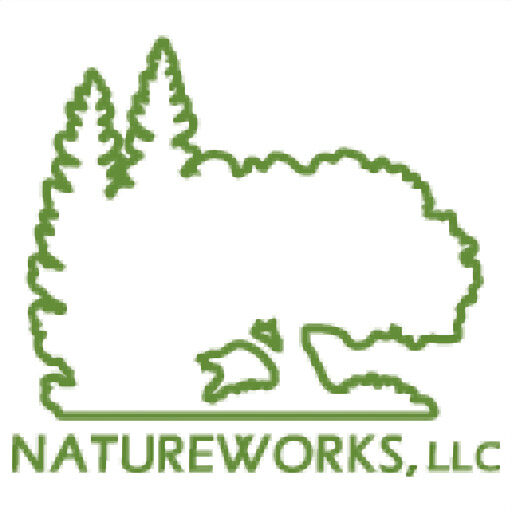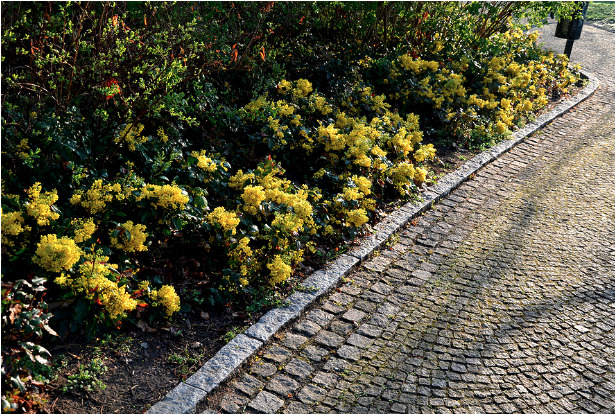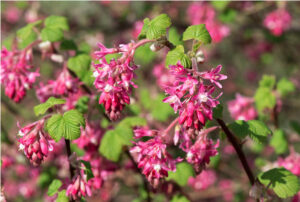Native plants are a great way to bring sustainable gardening to your landscape. Oregon native plants are particularly well-suited to the climate, soils, and terrain of the Pacific Northwest, making them an excellent choice for use in landscapes. By incorporating Oregon native plants into your garden, you can create a low-maintenance and eco-friendly outdoor oasis.
Native Plants Are Easy to Grow
Native plants are easy to grow because they have adapted to the local climate and soil conditions. They require little or no fertilization or watering, making them ideal for those with busy lifestyles. Since native plants don’t need extra care to thrive, they can be planted without much effort and still provide stunning results. Once established, they require minimal maintenance. Native plants are hardy and resilient, which makes them an excellent choice for use in landscaping.
Native Plants Are Good for the Environment
Using native plants in your landscape is a great way to do your part in conserving the environment. Native plants are essential to the local ecosystem and have adapted to our climate and soils. By planting native species, you can help preserve the local biodiversity and reduce the impact of climate change.
Native plants also help to reduce water usage by naturally growing in areas with fewer irrigation needs. They are typically drought-tolerant, so they don’t require frequent watering or fertilization. They also tend to be more resistant to pests and diseases, reducing the need for pesticides and other harmful chemicals.
Native Plants Provide Food and Shelter for Wildlife
Native plants provide food and shelter for wildlife, from bees, butterflies, and hummingbirds to lizards, frogs, and small mammals. These plants offer food in the form of nectar, pollen, fruits, and nuts, providing protective cover from predators. Planting native plants helps maintain the natural balance between animals and their environment. Native plants often have deeper root systems than exotic species, so they help to prevent soil erosion and provide habitats for birds and other wildlife. Native plants also help to protect our rivers, streams, lakes, and ponds by absorbing excess nutrients that can harm water quality. Native plants attract a wide variety of beneficial wildlife to your garden, helping to maintain a healthy ecosystem.
Oregon Native Plant Favorites
Oregon has a wide variety of native plants for your garden. Here are some of the best Oregon natives to add color and texture to your landscape:
Red Flowering Currant (Ribes sanguineum): This shrub is popular for its vibrant red flowers that appear in early spring. Hummingbirds are especially attracted to their blooms.
Oregon Grape (Mahonia Aquifolium): This evergreen shrub provides colorful foliage and edible berries throughout the year. It’s drought tolerant and works well as a low-maintenance ground cover or hedge.
Pacific Dogwood (Cornus nuttallii): The Pacific dogwood is a deciduous tree with lovely white flowers and red berries. It’s ideal for shady areas and can grow up to 30 feet tall.
Oregon Sunshine (Eriophyllum lanatum): This perennial wildflower produces bright yellow blossoms that appear in late spring and last through summer. It’s easy to grow in full sun or partial shade.
Sword Fern (Polystichum munitum) : This perennial evergreen fern is a staple in many regional gardens and landscapes. The Sword Fern grows in clumps and can reach heights of up to 4 feet tall with a spread of 3-4 feet. Its fronds are lance-shaped, and the plants grow in shady, moist areas.
Pacific Ninebark (Physocarpus capitatus): This deciduous shrub grows best in partial shade or sun and can tolerate various soil types. Pacific Ninebark can reach heights of up to 10 feet and produce beautiful white flowers in late spring. Its bark is a striking reddish-brown color.
Kinnikinnick (Arctostaphylos uva-ursi): Kinnikinnick is an evergreen shrub native to Oregon and other parts of the western United States. It has thick, leathery leaves and bright red berries, making it a great addition to any native plant garden. It is hardy and can tolerate various soil conditions and temperatures.
Call us now for a free consultation!


